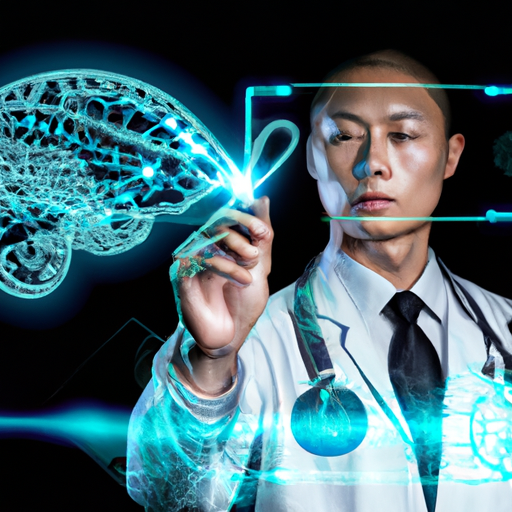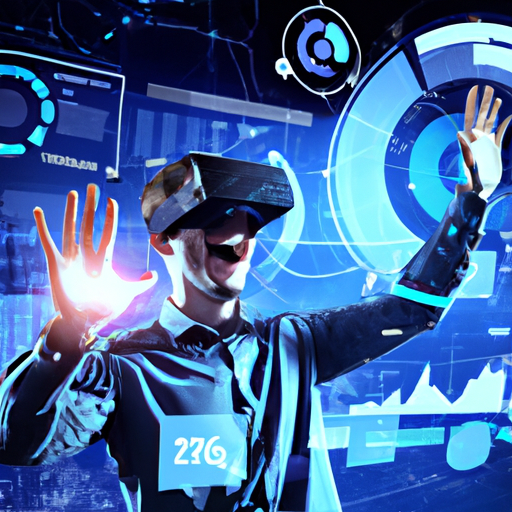The integration of artificial intelligence (AI) in HealthTech is reshaping the healthcare landscape, driving innovations that enhance patient care, streamline operations, and boost healthcare delivery efficiency. As technology advances, the adoption of AI applications in healthcare settings is becoming increasingly prevalent, promising a future where patient outcomes are significantly improved.
The Role of AI in HealthTech
AI technologies are transforming various aspects of healthcare. From predictive analytics that provide insights into patient outcomes to natural language processing used in administrative tasks, AI is streamlining processes and facilitating decision-making. AI algorithms can analyze vast amounts of data faster and more accurately than human counterparts, allowing for earlier diagnosis and targeted treatment plans.
Enhancing Patient Care
AI applications in HealthTech are enhancing patient care through tools that monitor health conditions in real-time, providing healthcare providers with actionable insights. Wearables and mobile health apps powered by AI can track vital signs and alert healthcare professionals to potential health risks. In telemedicine, AI chatbots offer support and initial consultations, reducing the burden on healthcare systems while ensuring patients receive timely assistance.
Streamlining Healthcare Operations
Efficient healthcare operations are crucial for delivering high-quality patient care. AI applications help streamline administrative tasks such as scheduling, billing, and patient onboarding. By automating routine processes, healthcare organizations are reducing operational costs and freeing staff to focus on what truly matters: patient engagement and treatment.
Revolutionizing Drug Development
The drug development process is notoriously time-consuming and expensive. AI is revolutionizing this area by predicting how different compounds will interact and identifying potential candidates for new therapies. Machine learning algorithms can analyze existing pharmaceutical data to speed up the discovery of new drugs and tailor treatments to individual patient needs.
Challenges and Future Perspectives
While the potential of AI in HealthTech is immense, it is essential to address challenges such as data privacy, integration with existing systems, and ensuring unbiased algorithms. Stakeholders must work collaboratively to create ethical standards and regulations that guide the deployment of AI technologies in healthcare without compromising patient confidentiality.
In conclusion, as HealthTech continues to evolve, the integration of AI is set to play a pivotal role in enhancing patient care, optimizing operations, and shaping the future of healthcare delivery. As these technologies develop, they promise to bring about a new era of healthcare—one that is more efficient, personalized, and focused on improving patient outcomes.




